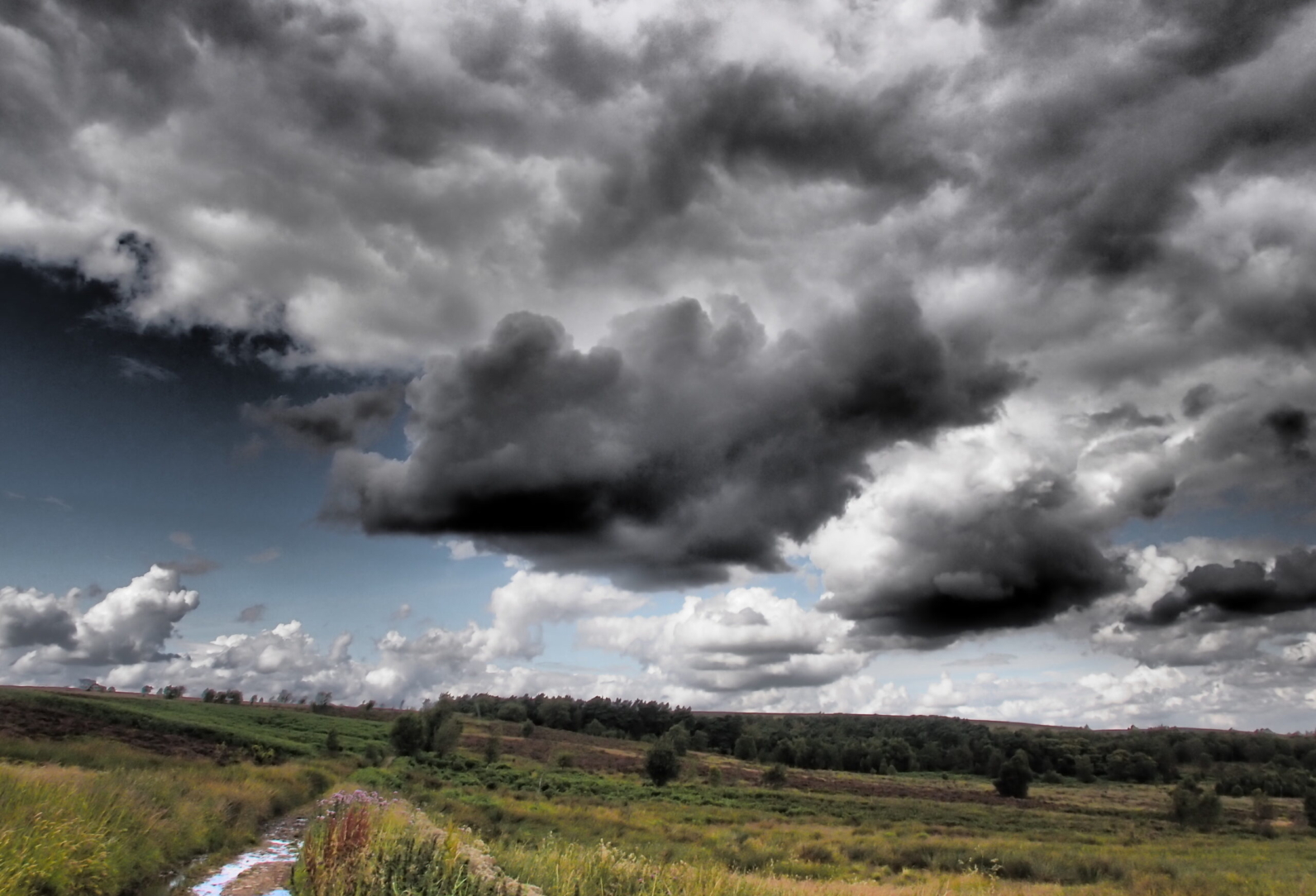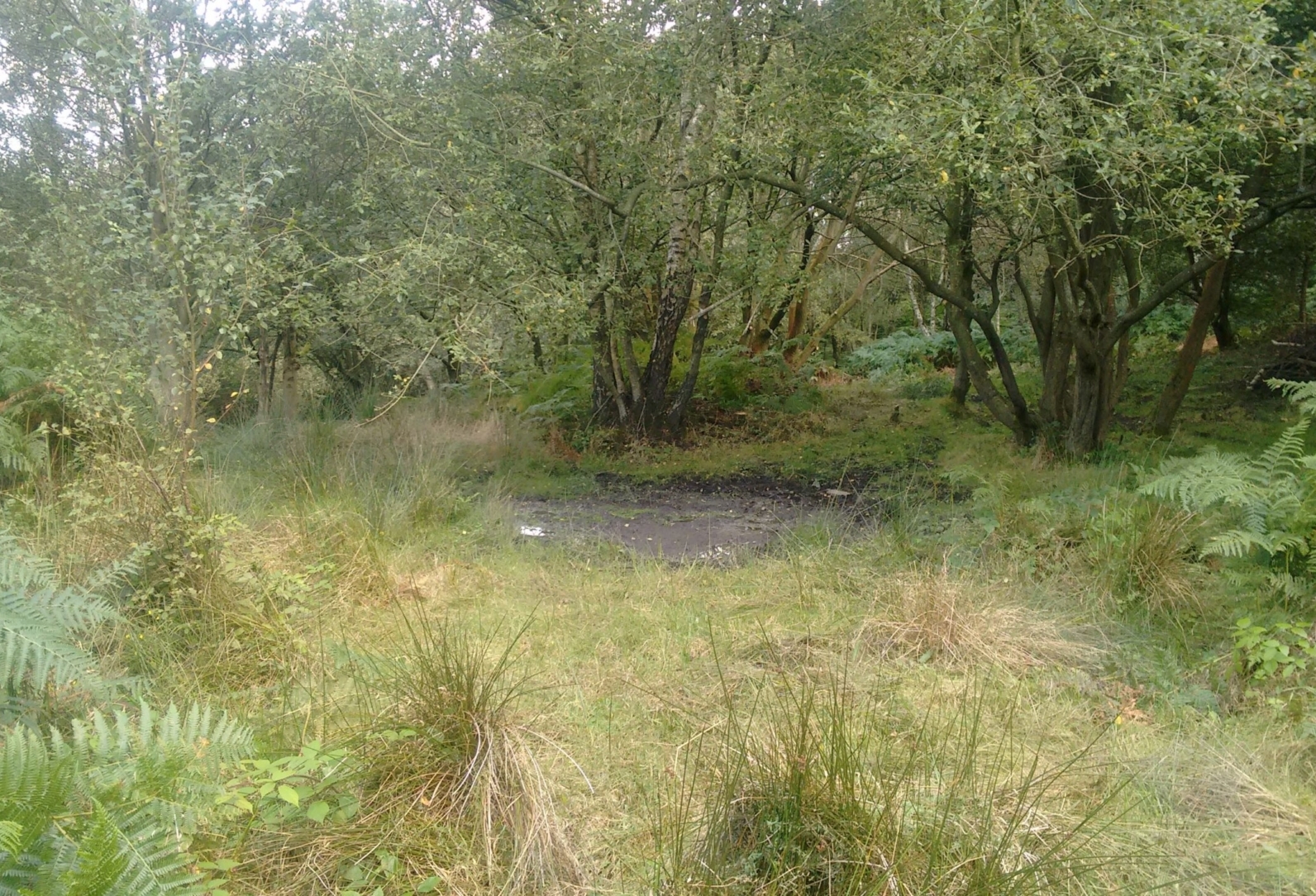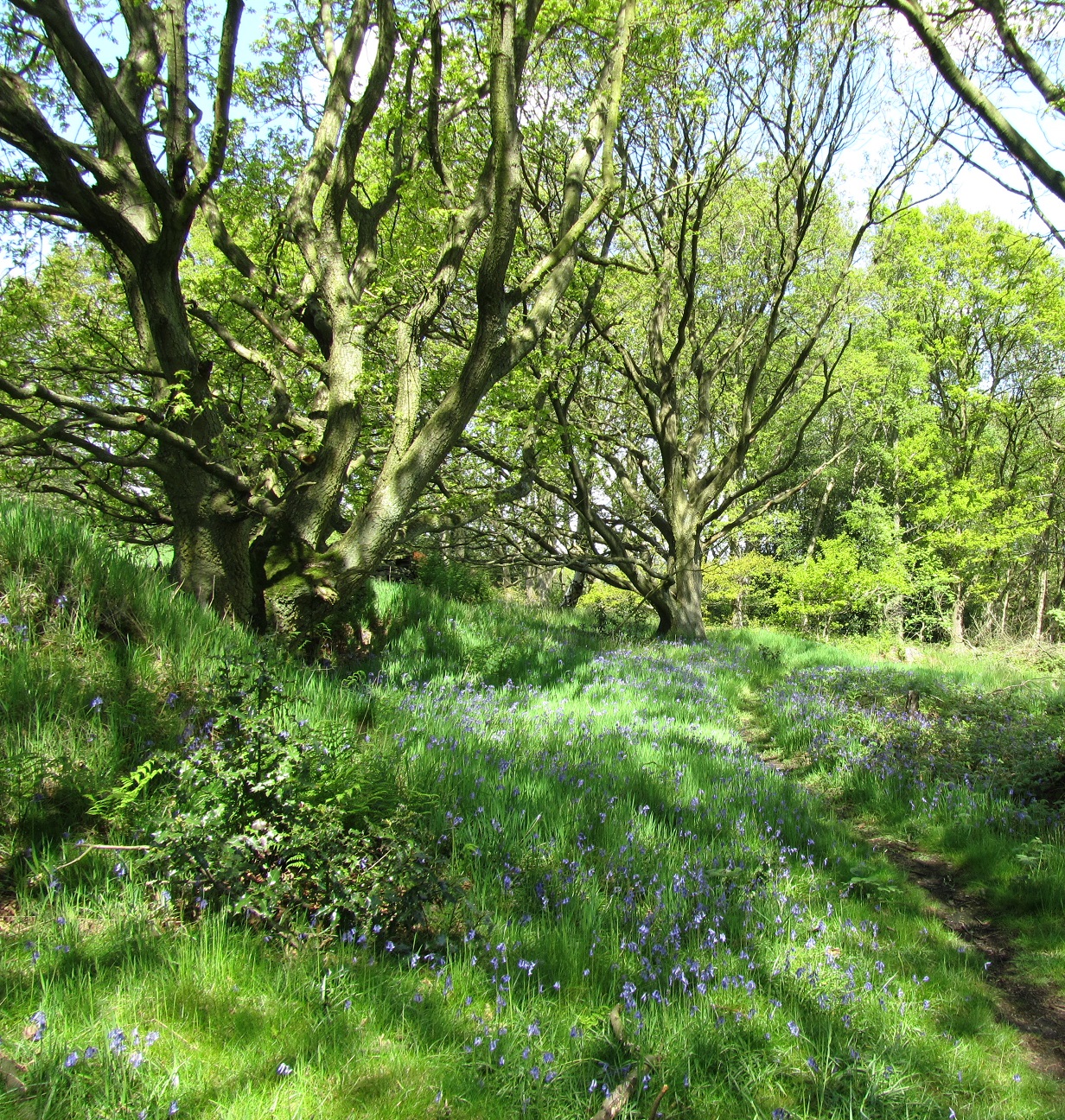Sheffield & Rotherham Wildlife Trust
Sheffield & Rotherham Wildlife Trust is an independent local charity dedicated to conserving and enhancing their natural environment and are one of only a few Wildlife Trusts in the UK to be centred in an urban environment.
Blacka Moor is the largest reserve in their care consisting of 455 acres of woodland and heath bequeathed to the people of Sheffield by local philanthropist J G Graves in the 1930s.
It is a haven for wildlife and is home to a number of bird species on the IUCN ‘red list' of threatened species including spotted flycatcher, wood warbler, pied flycatcher, lesser redpoll and bullfinch.
The most common cause of the decline of wildlife is the loss of the specific habitat it needs to survive and quite small changes can render a landscape inimical to wildlife, but conversely, if caught in time there is improvement and restoration which can be done to reverse the decline.
At Blacka Moor the main part of this work involves thinning and scalloping the woodland to allow more light to the ground. A series of warm, dry spring seasons has resulted in the woods donning a thicker canopy earlier in the year which has adversely affected the ground flora, undergrowth and even tree regeneration. This in turn reduces the amount of insect life in the woods, a vital food source for many of these threatened birds and pollinators.
Restore Our Planet has agreed to provide funds to create a number of shallow woodland ponds to boost the number of insects within Blacka Woods.
We have also funded an important Woodland bird survey and the installation of approximately 40 nest boxes.
As at autumn 2022 the ponds are providing an ideal habitat for insects to develop.
They also provided an essential source of water during the summer heatwave for the conservation cattle that help maintain the heathland and woodland mosaic of the reserve.
The bird box monitoring has also proved a huge success becoming an annual nesting site for blue tits, great tits and the wonderful pied flycatcher, a species with a UK conservation staus amber risk.

Looking NW from Blacka Hill Photo: © Sheffield & Rotherham Wildlife Trust

Prospective pond site in Blacka Woods Photo: © Sheffield & Rotherham Wildlife Trust

Blacka woodland in spring Photo: © Sheffield & Rotherham Wildlife Trust
